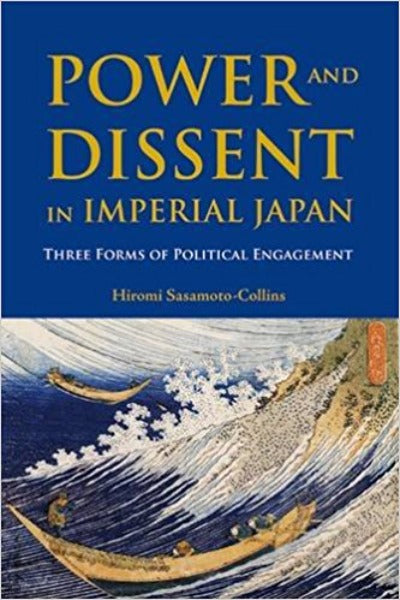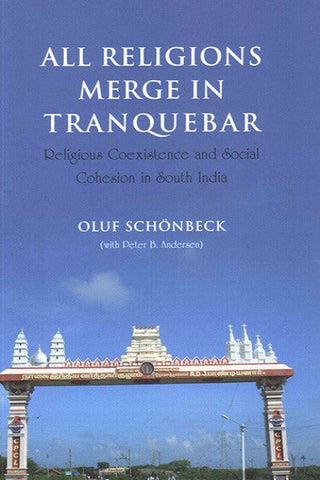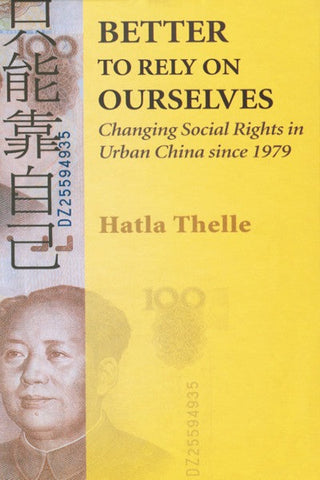Year published :2013
Pages :336 pp., illustrations
Size :15 x 23 cm., paperback
Rights :Thailand, Myanmar, Cambodia, Laos, Vietnam
ISBN: 9788776941185
Power and Dissent in Imperial Japan: Three Forms of Political Engagement
by NIAS PressBy Hiromi Sasamoto-Collins
This volume examines the careers and intellectual positions of three prominent Japanese “dissidents” in the later Imperial period – Minobe Tatsukichi, Sakai Toshihiko and Saitō Takao – as individual responses to the new forms of authority that appeared after the Meiji Restoration of 1868.
The principles to which each adhered – the rule of law, socialist egalitarianism, and representative government – contributed to the new ideas about authority and the individual in post-Restoration Japan. They also remain fundamental (at least in theory) in today’s Japanese polity and society. The study reaffirms the serious limitations of the pre-war Japanese political system, its structural and institutional problems, and deep-rooted ambivalence about democratic change. But it also confirms the birth of an alternative tradition in which individuals began to define and sponsor the processes of national self-regulation. This book traces the perspectives of three such individuals who chose to contest the new power arrangements through their writings and political activities.
Highlights
- First study of modern Japanese political dissent to combine modernist theory, close textual analysis and socio-economic history.
- Presents original Japanese material that has not been fully explored.
- Links three dissenting subjects who have yet to be jointly considered.
About the Author
Dr Hiromi Sasamoto-Collins is a former lecturer in modern Japanese history at Durham University, and is currently a tutor in Asian Studies at the University of Edinburgh.








Share this item: